In this summer series we interview some of the expert volunteers who help GiGL to verify our species data. Good quality data are central to everything that GiGL does and verification is an important step to achieving that.
Species verification is the process of assessing a record and deciding whether the identification is likely to be correct for the given location and date. Each record is given a verification status by the verifier and this is recorded in the GiGL species database. More information on verification and the terminology we use can be found here.
Having the knowledge to assess species records is a specialist job and something that we need expert help for. Our verifiers are vital to GiGL’s work and ensure that we can have confidence in the records we share.
Our first verifier interview is with Derek Crawley. He has been verifying GiGL’s mammal records for a number of years now and his knowledge and understanding of mammal distributions across London is central to his ability to verify mammal records for us. Thanks to Derek, all of our mammal records have been verified and we really appreciate all of the time and effort he has put into getting us here!
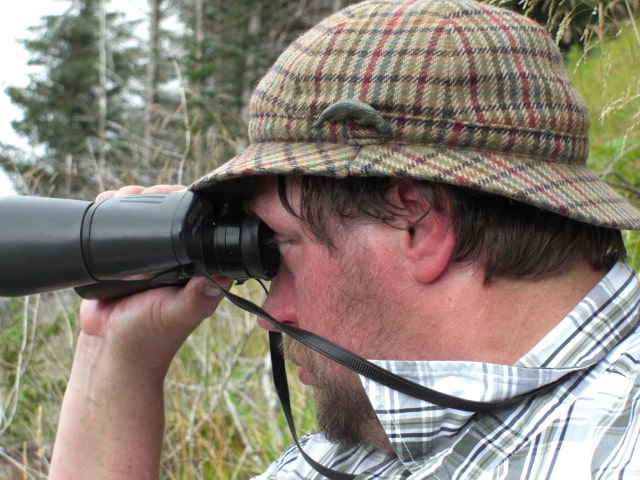
- What is your area of expertise?
UK Mammals.
- How did you become a species expert, and why?
I have always liked natural history, but I found my attention was drawn to watching foxes when others were watching birds. Tracking and seeing our mammals can be much more of a challenge, so I had fun finding them.
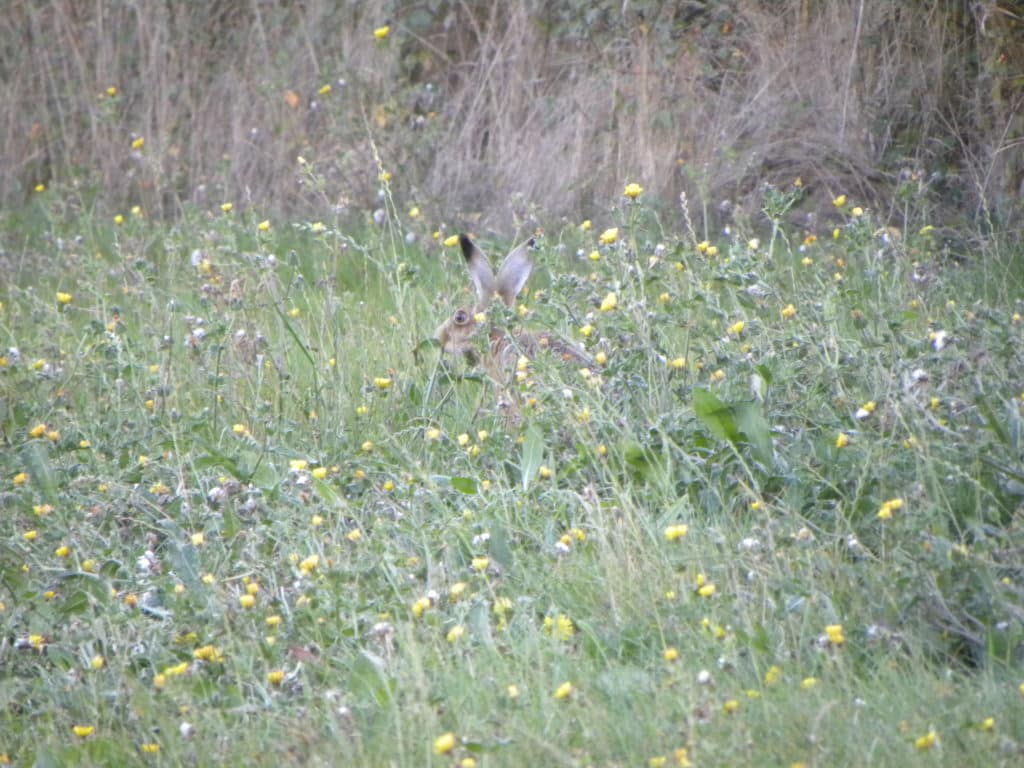
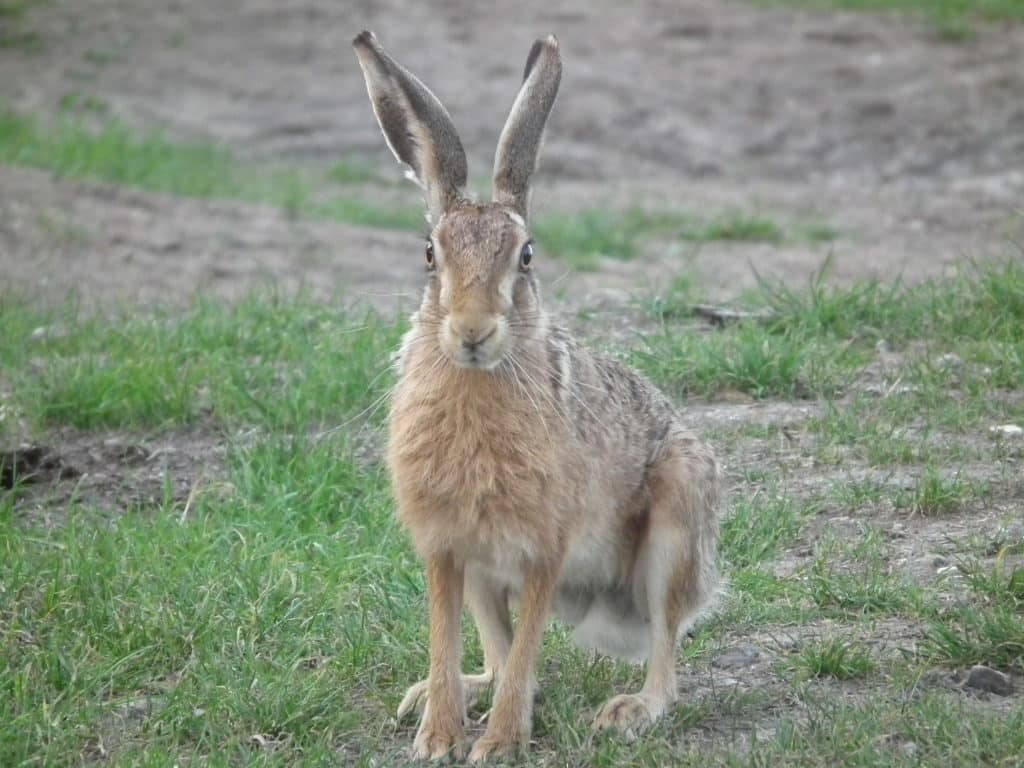
- How long have you been verifying records for GiGL?
Since 2016, so 6 years. I was asked to become a verifier after I had requested for records to be included in the national Mammal Atlas database on behalf of the Mammal Society. I coordinated the collection of records for the Atlas project which resulted in the publication of the ‘Atlas of the Mammals of Great Britain and Northern Ireland’ 2020 Derek Crawley et al. I have been verifying mammal record for the Mammal Society and iRecord for 10 years and I have been the Staffordshire County Mammal Recorder for 22 years. I lived in Middlesex for 16 years and know the area well.
- How does verifying fit in with the rest of your life and work?
I work as a Fencing assessor and tutor on Vehicle Restraint Systems (motorway fencing) and Boundary fencing. I’m also a consultant for City and Guilds working on Land and wildlife qualifications, plus I teach various mammal survey techniques. Verification is all in my spare time and is fitted in as best I can.
- What do you see as the greatest benefit of working with GiGL?
The greatest benefit is that we have up to date, verified records that can be shared. This is important both to monitor trends in the population but also to ensure they are represented in planning developments.
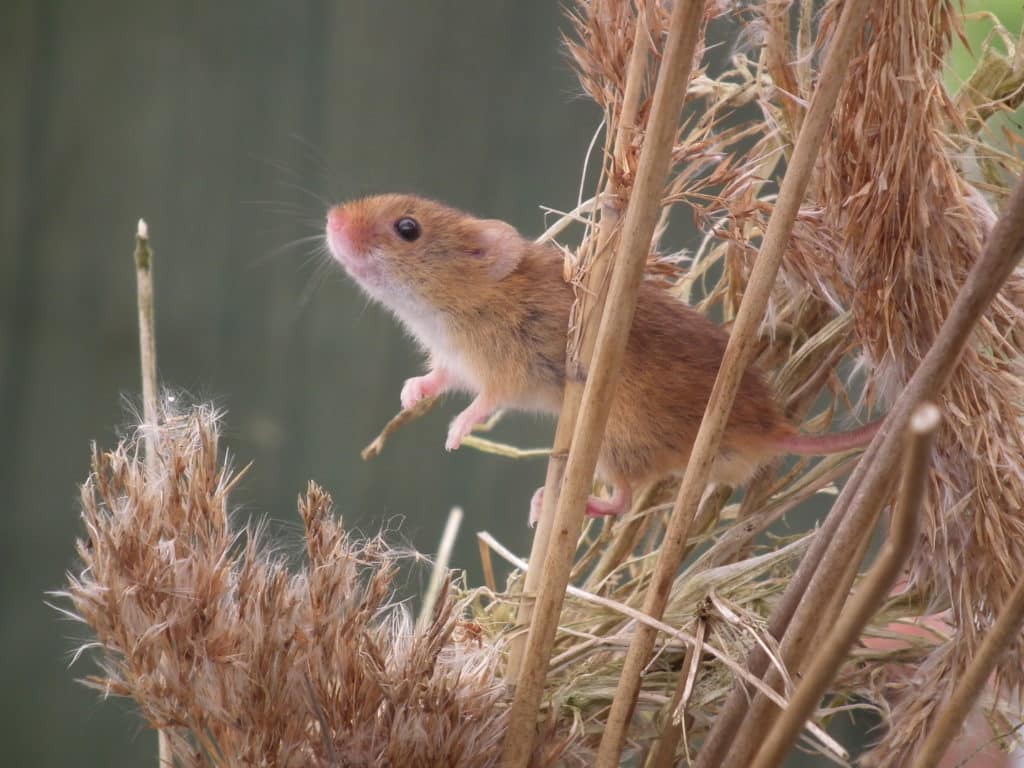
- Do you have any tips for people aspiring to learn more about species and verification?
The more you join in with species groups for your chosen area the more you learn about identification and distribution. I would recommend attending both local and national group events. For mammals you can join your local county mammal group and the Mammal Society, sign up to recording groups like iRecord, and download phone apps like Mammal Mapper so you can record wherever you are.
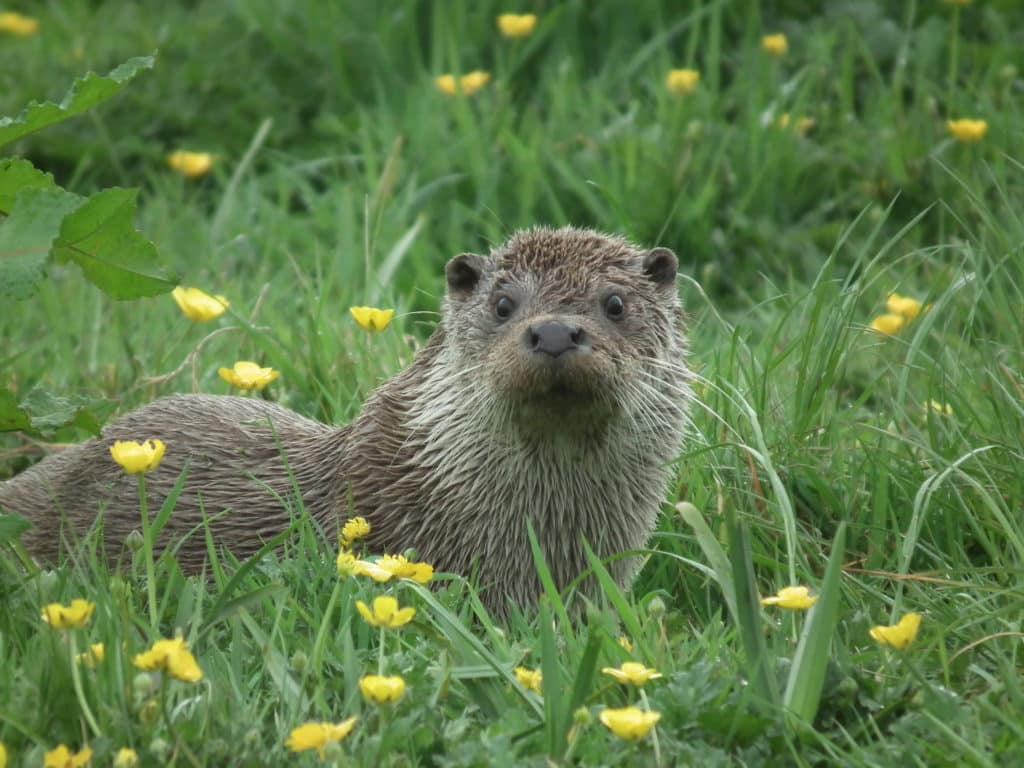
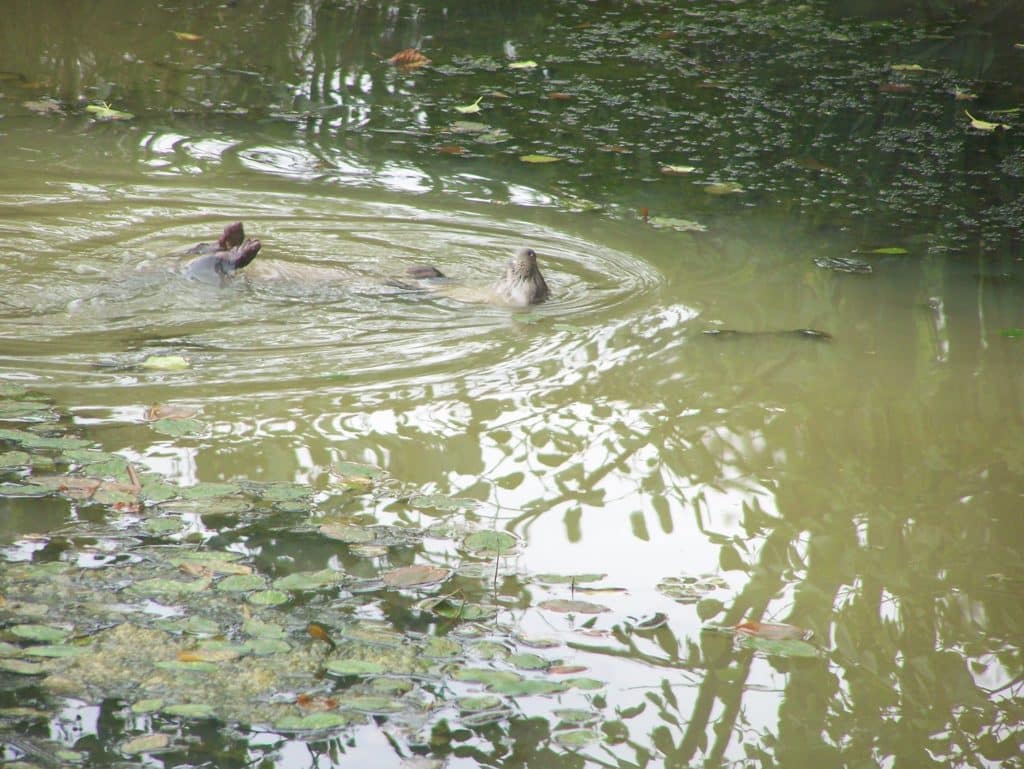
Our upcoming editions of the GiGLer will shine a spotlight on 2 other verifiers who work closely with GiGL: Leslie Williams on butterflies and Neil Anderson on dragonflies and damselflies.
We also collaborate with other verifiers and we would like to extend our thanks to Colin Plant (moths), Keiron Brown (earthworms), Ian Wallace (caddisfly), Pete Lambert (birds) and of course the numerous experts from London Natural History Society and other recording schemes, who willingly provide advice and work tirelessly to ensure that the species records we receive from them are verified.
How can you help?
We do still need more expert verifiers for the many taxa that we have in the database. Please get in touch if you think you could help. More information on the process of verification for potential verifiers can be found here.
For anyone wishing to record – please use the online form or recording spreadsheet.
